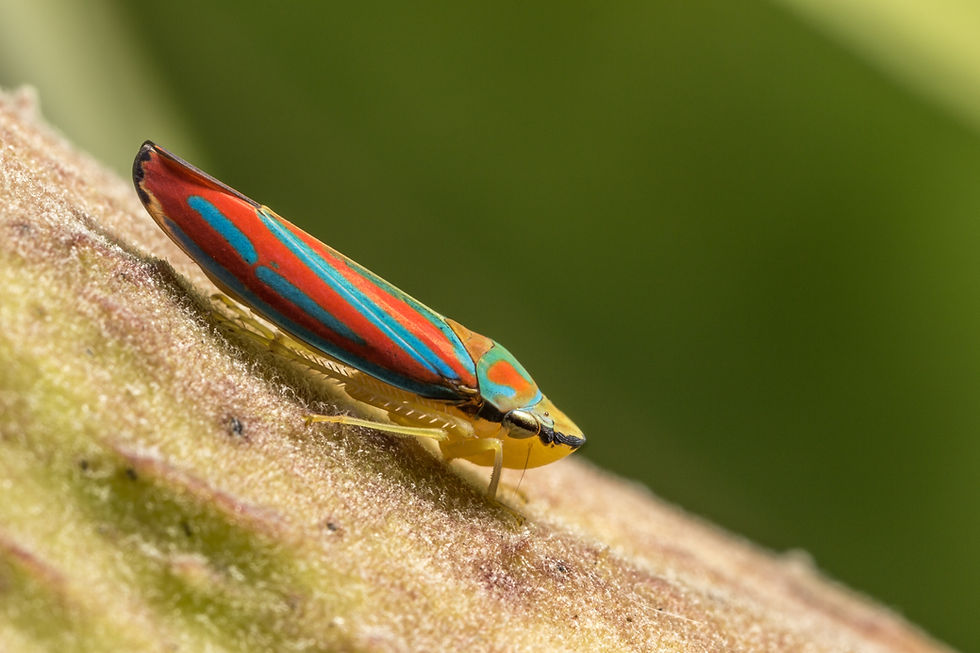Even A Queen Bee Can Be Dethroned
- News

- Oct 30, 2025
- 2 min read
Updated: Nov 25, 2025
The hive mind smells weakness.

STARTER STATS
Bee-pollinated crops make up about one-third of the human dietary supply
The value of pollinators to global agriculture is huge: US$235-$577 billion in annual food production depends on them
More than 75% of the world’s food crops rely in part on pollinators like bees
What happens when tens of thousands of worker bees decide their queen is no longer fit to rule? A shrewd hive quietly begins a royal coup to replace her. Researchers at UBC have discovered the biological trigger behind this phenomenon and have isolated why a bee colony will begin to usurp a queen bee's power. The study shows that viral infections can shrink a queen’s ovaries and reduce the production of key pheromones, triggering a hive-wide revolt known as supersedure.
A healthy queen lays up to several thousand eggs per day, powered by large, functioning ovaries and a steady release of chemicals that reassure the hive she’s strong. The research team found that when queens are infected with common bee viruses, their ovaries diminish and their pheromone output drops. Workers detect this chemical downturn and interpret it as a sign that the queen won’t be able to sustain the colony. This triggers them to raise replacement queens, which can destabilize managed hives and reduce pollination and honey yields.
Supersedure is part of a colony’s natural survival toolkit, but it’s costly for commercial beekeepers. The study points to a practical intervention: supplying colonies with synthetic pheromone blends. In field trials, treated hives were far less likely to begin queen replacement.
The findings also highlight the role of varroa mites (notorious parasites that spread the viruses that weaken queens), reinforcing the need for mite management.
“Our research really emphasizes how virus infections in queens can be a major problem for beekeepers. Previous studies showed that failing queens were heavily infected with viruses, and now we know that those infections can lead to supersedure, which is risky for the colony and expensive for beekeepers to manage.”
— Dr. Alison McAfee, UBC


















Comments